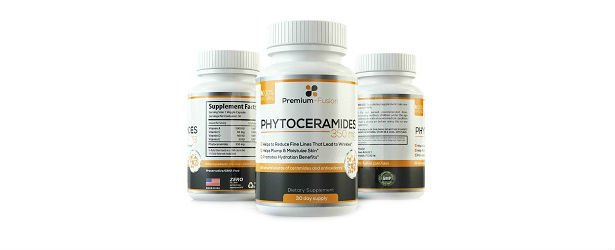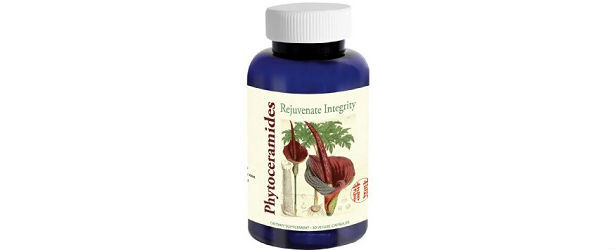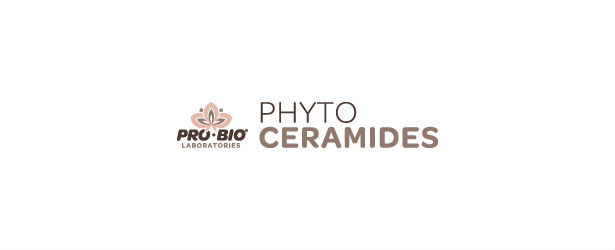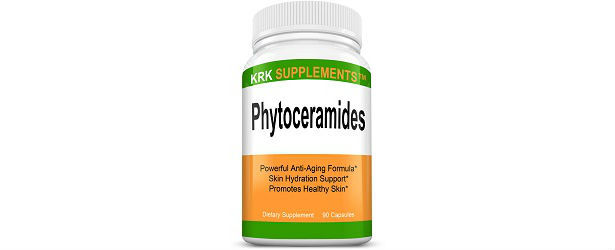
Vitamin Deficiencies that Lead to Skin Disorders
The skin’s condition is often an outside indicator of the overall health. Luckily, yet unfortunately at the same time, a lack of vitamins in your system usually exposes itself through the condition of your skin. Though this is evident, the exact vitamin you lack may be unclear as many of the deficiencies cause the same symptoms. This is why it is helpful to see a doctor or nutritionist to decide which course of action is best to take in improving your overall health through ingesting vitamins.
You can always add supplemental pills to your daily routine. But, if you are a person who would prefer getting it through your natural diet, there are plenty of foods you can add that would suffice. Having knowledge of the following information and a professional opinion you can get down to the bottom of what is causing your skin to misbehave.
Vitamin A
 As Vitamin A is a vitamin high in lipids or fats. A lack of it can cause skin disorders akin to psoriasis or acne. This means that the person would experience problems related to flaky, dry skin, or skin that is sensitive to breakouts.
As Vitamin A is a vitamin high in lipids or fats. A lack of it can cause skin disorders akin to psoriasis or acne. This means that the person would experience problems related to flaky, dry skin, or skin that is sensitive to breakouts.
More critically, Vitamin A insufficiency can cause serious ocular problems. This can happen first if the cornea becomes excessively dry. This causes tissues within the eye to thicken. Thus, the cornea becomes hazy, making the vision of the person more blurry. Ultimately erosion can damage the cornea badly enough to where blindness occurs without a corneal transplant.
Stock on up some carrots, sweet potatoes or squash if you feel your vitamin A is not A-OK.
Vitamins B6 and B12
While vitamin B6 is found in many foods, a deficiency can easily be caused by disorders in which the person can’t absorb nutrients adequately. More commonly, the deficiency can be caused by alcoholism or an interaction with certain medications. A B6 deficient person will experience inflamed skin accompanied by a dry, greasy, and scaly rash. A vitamin B-6 deficiency may also come with a swollen, red tongue or painful cracks in the corner of the mouth.
B-12 deficiency causes skin disorders such as hyper-pigmentation, especially on the hands and feet. In an article published in “Neurology India” 2005, lead author S. Aaron of Christian Medical College reported that 41 percent of people with vitamin B1-2 deficiency had skin or changes in mucous. Though rare for disorders, a lack of B-12 comes with a painful combination of these symptoms, so it is important to see a doctor if you notice any of these changes.
Adding bananas and yogurt to your pantry will add these two vitamins to your diet. Also, the lesser known roast beef is helpful if you are don’t want to nix your B12 or B6.
Vitamins B2, B3 and Folic Acid
A deficiency of vitamin B-2 can cause cracks around the lips and the corners of the mouth. Furthermore, it can create a painful tongue burning sensation as well as soreness. Without enough B2, you may experience a painful, greasy rash.
 B3, which is more commonly known as niacin, is responsible for keeping the skin healthy, hydrated and protected. With a lack of this key vitamin, you may develop pellagra. Though it is not common in the United States, it is possible to develop this rare skin disorder. You would want to avoid that as it is accompanied by scaly, cracked and dry skin as well as canker sores and a burning sensation that leaves the tongue red and swollen.
B3, which is more commonly known as niacin, is responsible for keeping the skin healthy, hydrated and protected. With a lack of this key vitamin, you may develop pellagra. Though it is not common in the United States, it is possible to develop this rare skin disorder. You would want to avoid that as it is accompanied by scaly, cracked and dry skin as well as canker sores and a burning sensation that leaves the tongue red and swollen.
Folic acid, which is less commonly known as another B-complex vitamin, can also cause inflammation of the tongue, called glossitis, and mouth ulcers. These three vitamins overall are responsible for the upkeep of a healthy, clean mouth and strong, hydrated skin, so it is imminent that you keep a balanced intake of them.
Cook up some of those asparagus, spinach and peas to up your folic acid, B2 and B3s!
Vitamin C
The word scurvy is associated with pirates, and with good reason. For those who set out to sea for an extended period of time, scurvy is unfortunately popular. With a limited supply of nutrients, sailors would run out of vitamin C in their systems. As DermNet NZ reports, it normally takes around three months of very low or no vitamin C intake to develop scurvy.Scurvy shows itself through discolored bruises on the skin. They are usually maroon and center around hair follicles, where the hair itself takes on a mangled corkscrew-like form. It is also common for the bruises to meld together to form larger bruises.Vitamin C is arguably one of the more important nutrients to retain. As an antioxidant it strengthens the immune system, allowing it to fight off many sicknesses and secondhand disorder. With a lack of it, you open your body to a host of scary and unpleasant illnesses.
Vitamin C puts the C in citrus. You can find more of this in your diet through oranges, juices and tasty strawberries.
TOP 5
PHYTOCERAMIDESSupplements |
|||||
| Phytoceramides Premium | Absonutrix | Nutri Vida | Nature365 Skin Renew | BioGanix | |
|---|---|---|---|---|---|
| 1 | 2 | 3 | 4 | 5 | |
| Price (1 bottle) Price (6 bottles) Best Value |
$48.00 $138.00 |
$49.99 $299.94 |
$29.99 $179.94 |
$59.95 $359.70 |
$66.95 $401.70 |
| Overall Rating | 99.40% | 84.10% | 77.80% | 69.10% | 63% |
| Effectiveness |





|





|





|





|





|
| Speed of Results | Extremely Fast | Good | Average | Average | Slow |
| Quality of Ingredients | Premium | Good | Average | Average | Average |
| Customer Satisfaction Evaluation | 99.20% | 82.30% | 75.90% | 66% | 61.60% |
| Safety Evaluation | Safe for Use | Safe for Use | Safe for Use | Safe for Use | Safe for Use |
| Customer Service Rating |





|





|





|





|





|
| Reorder Rate | Highest | Good | Good | Average | Average |
| Return Policy | Risk Free | Risk Free | Unopened Only | No | Yes |
| Success Rate | 99.10% | 82% | 76% | 68.20% | 61% |

 Subscribe Now
Subscribe Now











